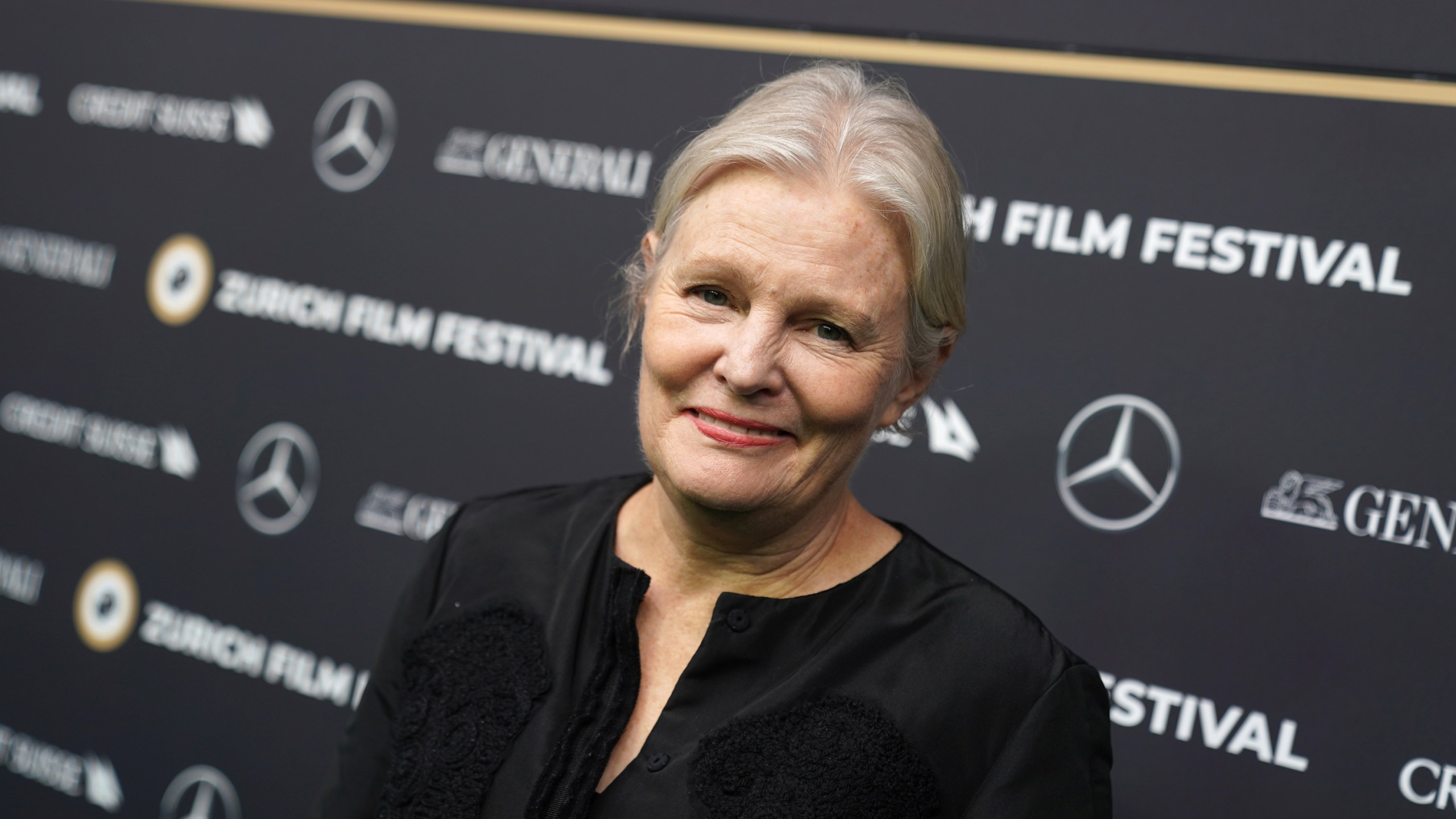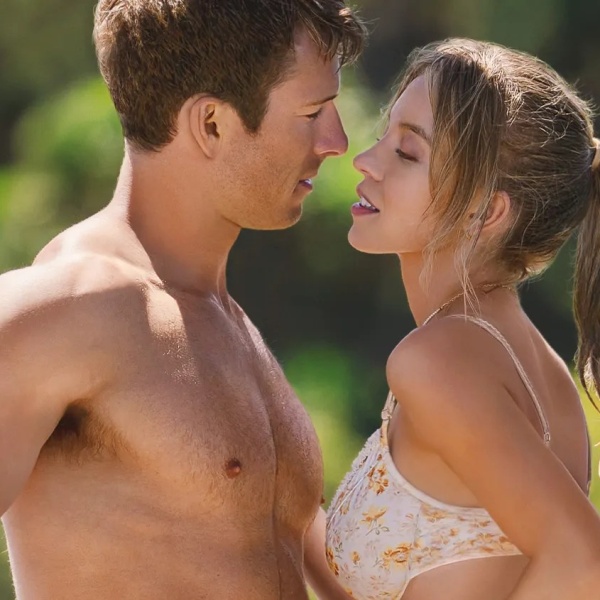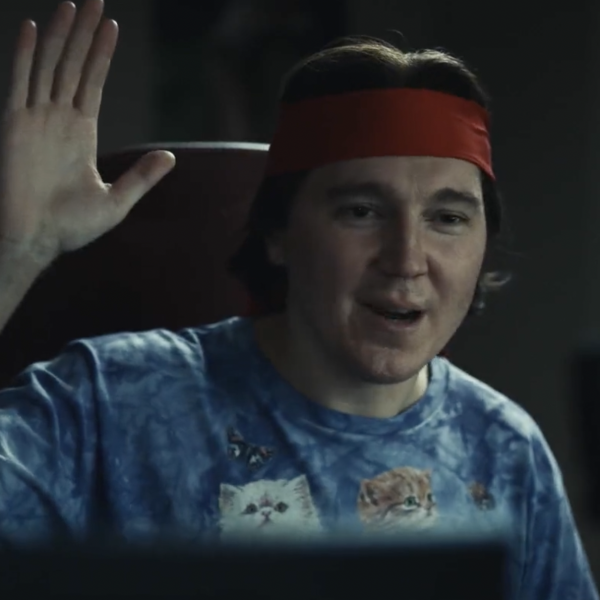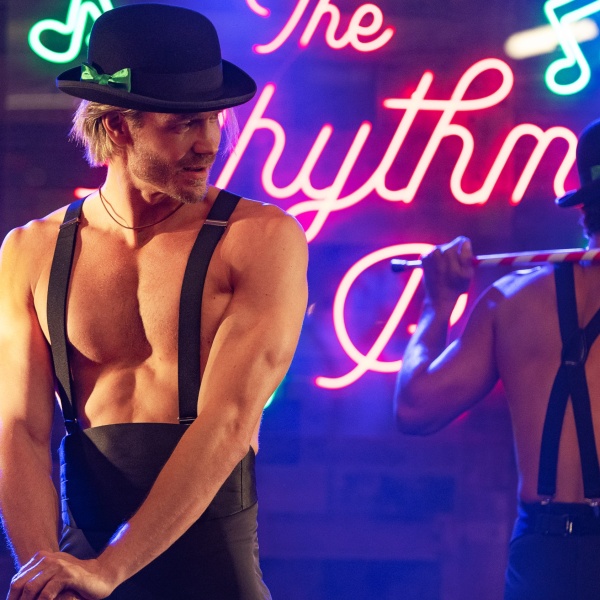With “I Shot Andy Warhol” in 1996, Mary Harron launched her filmmaking career by depicting an artist with a complicated legacy, and that fixation never left her. Her latest effort, “Dalíland,” follows that trajectory with a trenchant look at the later years of Salvador Dalí. While the legacies of many legendary creators have been reevaluated in modern times, Harron’s own fixations haven’t kept from appreciating her troubled subjects.
“There are a lot of artists’ work that I do not want people to cut themselves off from,” the director told IndieWire in a recent interview. “I love reading Dostoyevsky, who was anti-Semitic and had crazy political ideas. I was very influenced as a young person by Polanski, who did terrible things and really should’ve been in prison for them. But that doesn’t mean his films didn’t continue to inspire.”
As for Dalí: The Surrealist may have been a cruel egomaniac who expressed sympathies for Hitler at one point in his career, alienated scores of colleagues, and fueled his outlandish sexual fixations into his work. “He would say the most awful things, whatever came into his head,” Harron said. “So many of the artists and writers that I love, if you look at their personal lives, it’s very problematic. But I get so much from them. I’m most interested in where I can find something inspiring and finding the good I can take from somebody’s work.”
In “Dalíland,” Ben Kingsley stars as the mustachioed provocateur at a late stage of his career as he wrestles with his legacy and looks back on his journey through the 20th century. The story, seen through the perspective of a young gallery assistant (Christopher Britney) drawn into Dalí’s bubble, also touches on the inherent conflict between Dalí’s artistic stature and the commercialization of his work. “Nobody got so deep into our primal, weird sexual instincts that pop up — the side of ourselves that everybody wants to suppress,” Harron said. “I don’t think you can untangle the commercial side from that.”

Harron’s own journey through the creative market has been complicated. While her best-known credit is 2000’s “American Psycho,” the twisty portrait of a murderous investment banker (Christian Bale) received a mixed response when it came out. Harron said she didn’t realize that the movie had built a stronger following until almost a decade later as audiences caught onto the satiric edge of the drama. “That was a function of the internet, in terms of memes and a new audience discovering it,” Harron said. “Initially, people didn’t know it was funny. To me, it’s at least half comedy, and in the first screenings people were afraid to laugh.”
She recently sat through the movie at a memorial screening for the late producer Ed Pressman and noticed the younger crowd cackling all the way through. “I realized they were seeing it differently,” she said. “They were seeing the way Christian’s performance is making fun of the character.”
As for “Dalíland,” while the production was waylaid by pandemic-related delays, Kingsley remained committed to the part. “I was very appreciative of that,” Harron said. “From the very beginning, my biggest fights have been about casting.”
On her last movie, 2018’s “Charlie Says,” she was adamant about casting Matt Smith as Charlie Manson despite his minimal fame at the time. “Of course, thanks to ‘House of the Dragon’ and stuff like that, now he’s super-famous,” Harron said. “Back then, he was just Doctor Who. You have to cast people who are right for the roles, and hopefully, that will help them become famous.”
At 70, Harron remains on the margins of the studio system, though it hasn’t been for lack of trying. (“Dalíland,” which was produced independently and released by Magnolia Pictures, was turned down by Netflix and Amazon, among others.) “If I could get more money to do make a movie, I would be super happy about it,” Harron said. “There are very few people other than Scorsese or Paul Thomas Anderson who can do a studio movie and keep their control.”
A former music journalist who pivoted to filmmaking in her late thirties, Harron has been picky about which projects she takes on, and resisted works for hire. “After ‘I Shot Andy Warhol,’ a lot of biopics about women came my way,” she said. “There was a script about the Brontë sisters that had them sitting around talking about sex as if they were at Starbucks. Yes, that’s exactly how the Brontë sisters hung around!”
While the writers strike has delayed her process, Harron has recently been working on two new projects, including one with “American Psycho” screenwriter Guinevere Turner. While Harron said that she felt freer to pursue more projects now that her daughters, who are 23 and 24, have grown up, she wouldn’t rush into circumstances that prevented her from maintaining creative control. “It took me so long to direct my first film,” she said. “Years and years. I’m not going to do something I don’t really care about.”





